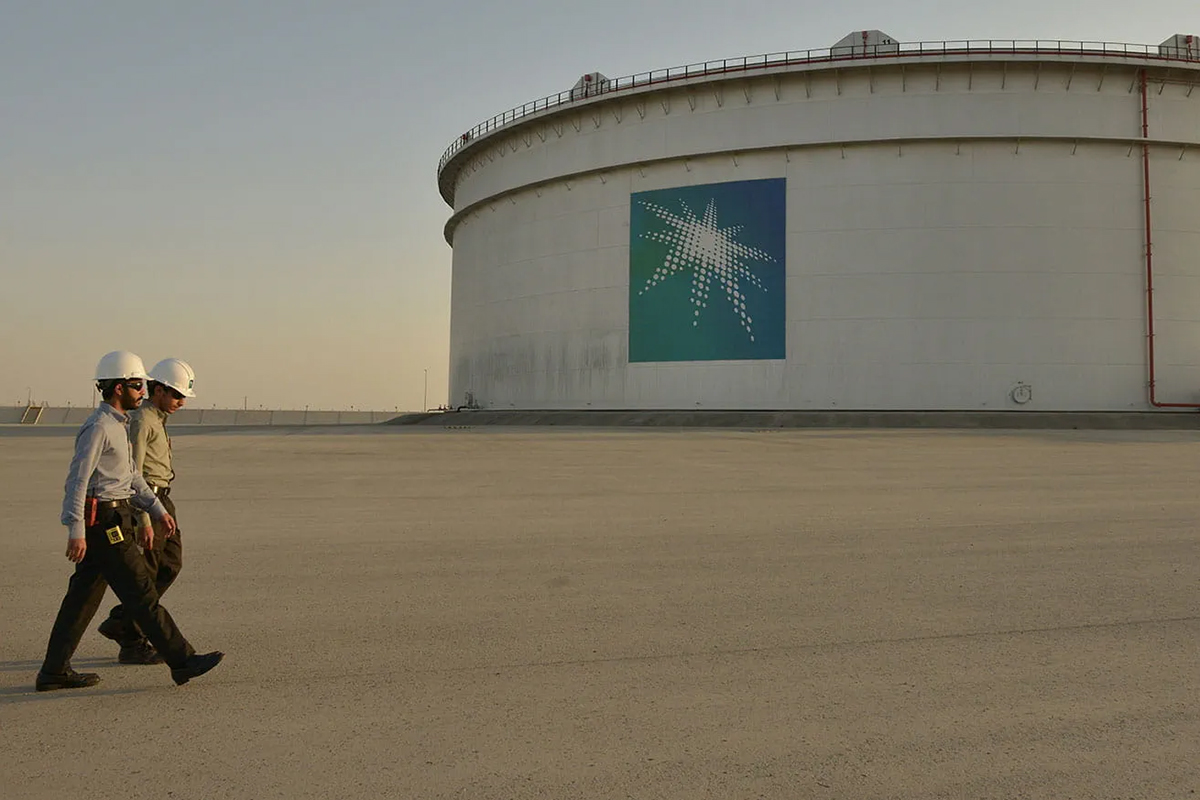Saudi oil giant Aramco has sold its first dollar-denominated bonds for the year, totalling US$5 billion in three separate tranches. The proceeds from each issue of bonds will be used for general corporate purposes, the company said in a filing.
Last year, Aramco raised US$6 billion through bond sales under its Global Medium Term Note Program (GMTN). Aramco issued a US$3 billion sukuk later in the year.
All three tranches were favourably priced with a negative new issue premium, reflecting Aramco’s strong credit profile.
According to Reuters, Aramco priced its five-year debt sale at US$1.5 billion with spread set at 80 basis points over US Treasuries, tighter than 115 bps over the same benchmark released earlier in the day.
The 10-year portion spread was set at 95 bps with a price of US$1.25 billion, while its 30-year portion spread was set at 155 bps with a price of US$2.25 billion.
Lower oil prices and higher operating costs have had an impact on Aramco’s financials, with net income down 4.6 per cent to US$26.01 billion, compared to the same quarter in 2024. However, the company paid total dividends of US$21.36 billion, including a 4.2 per cent increase in the base dividend.
The 2024 transaction was priced on July 10, and the notes were listed on the London Stock Exchange. That included US$2 billion senior notes maturing in 2034 with a coupon rate of 5.25 per cent; US$2 billion senior notes maturing in 2054 with a coupon rate of 5.75 per cent; and US$2 billion senior notes maturing in 2064 with a coupon rate of 5.875 per cent. The offering was more than six times oversubscribed.
Aramco’s gearing ratio – a measure of a company’s indebtedness and calculated by total debt over shareholder equity – is at 5.3 per cent, which is much lower than the global average for oil companies. That gives them room for increased borrowing, if needed. Any company with a ratio of 25 per cent or less, is considered low-debt.




